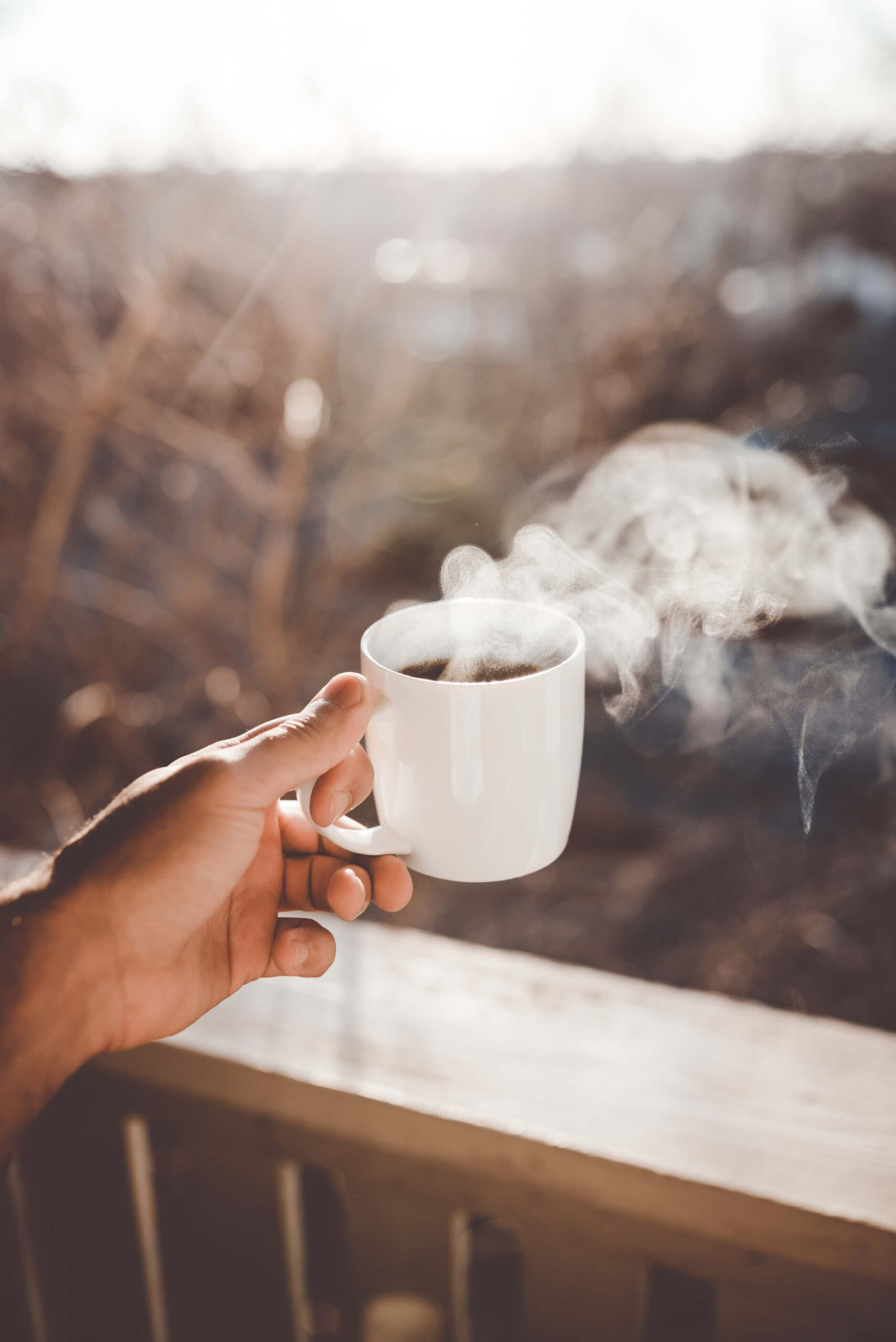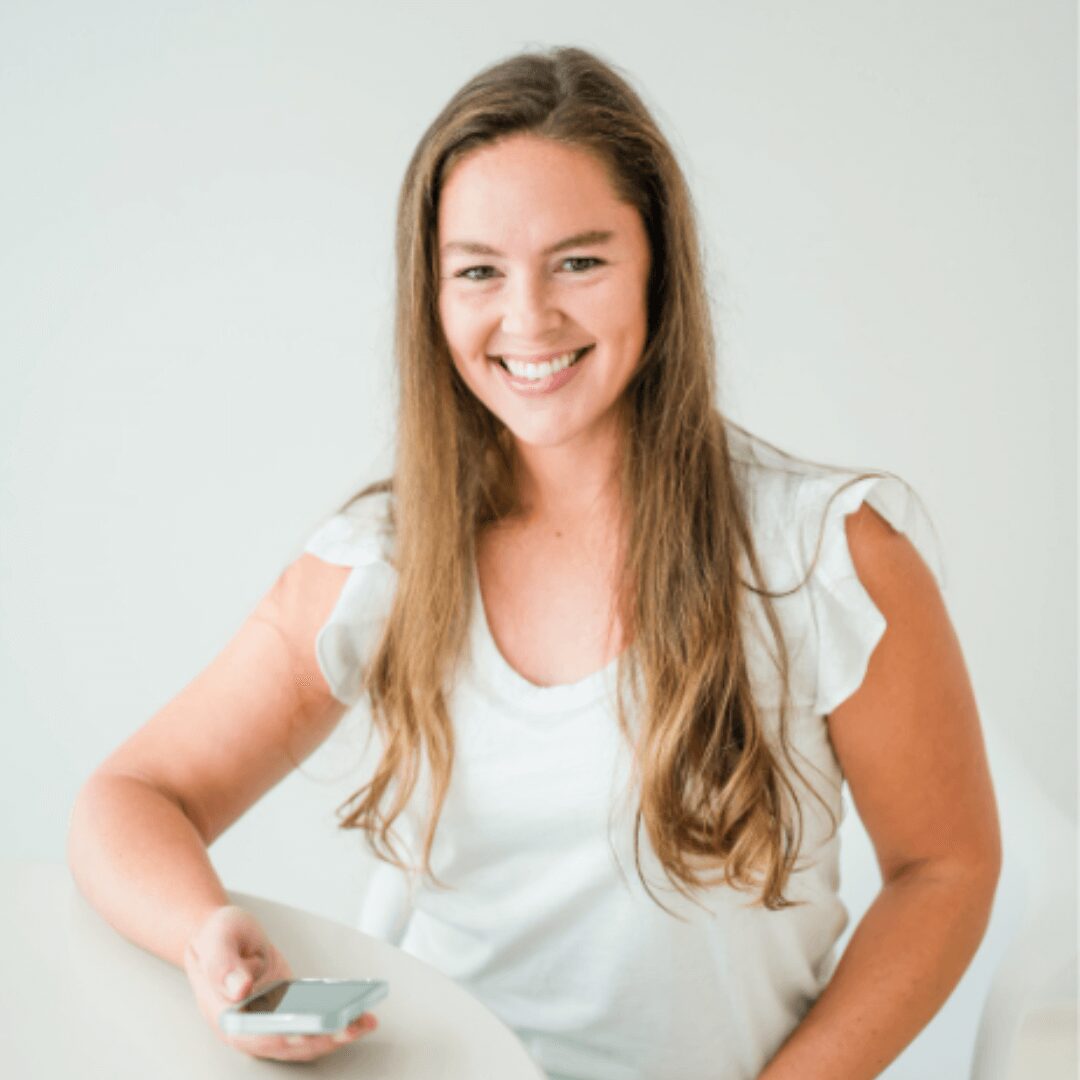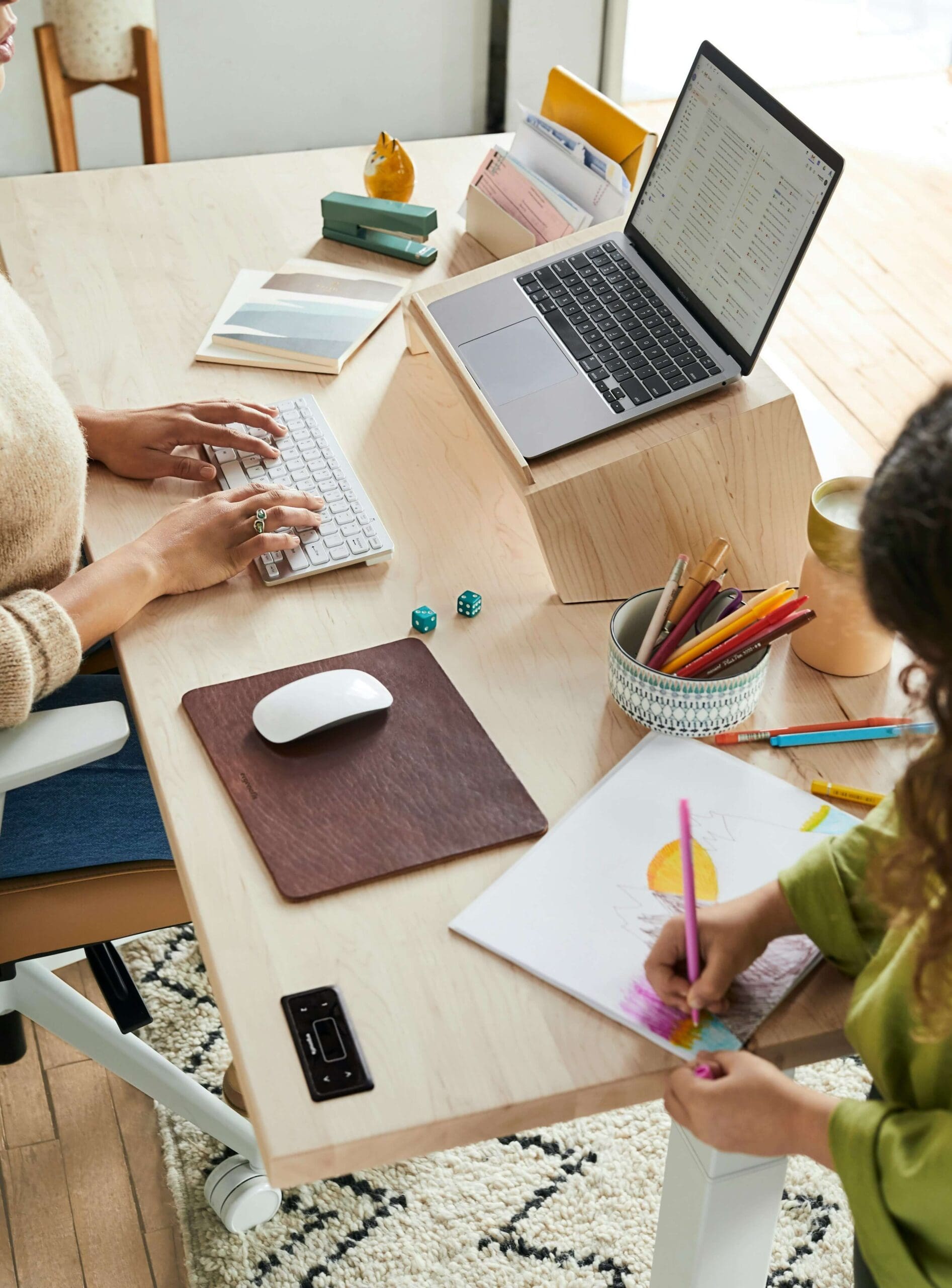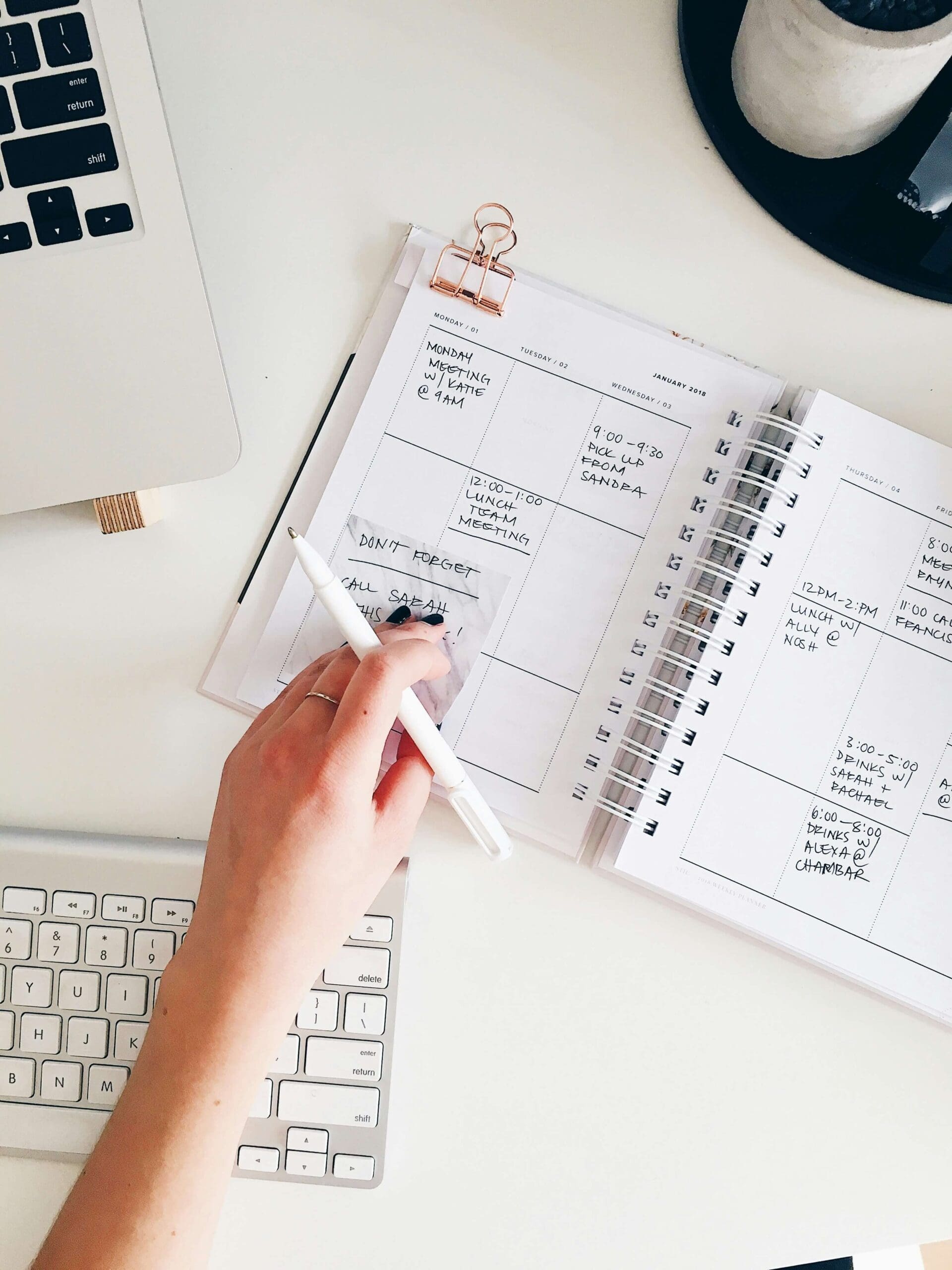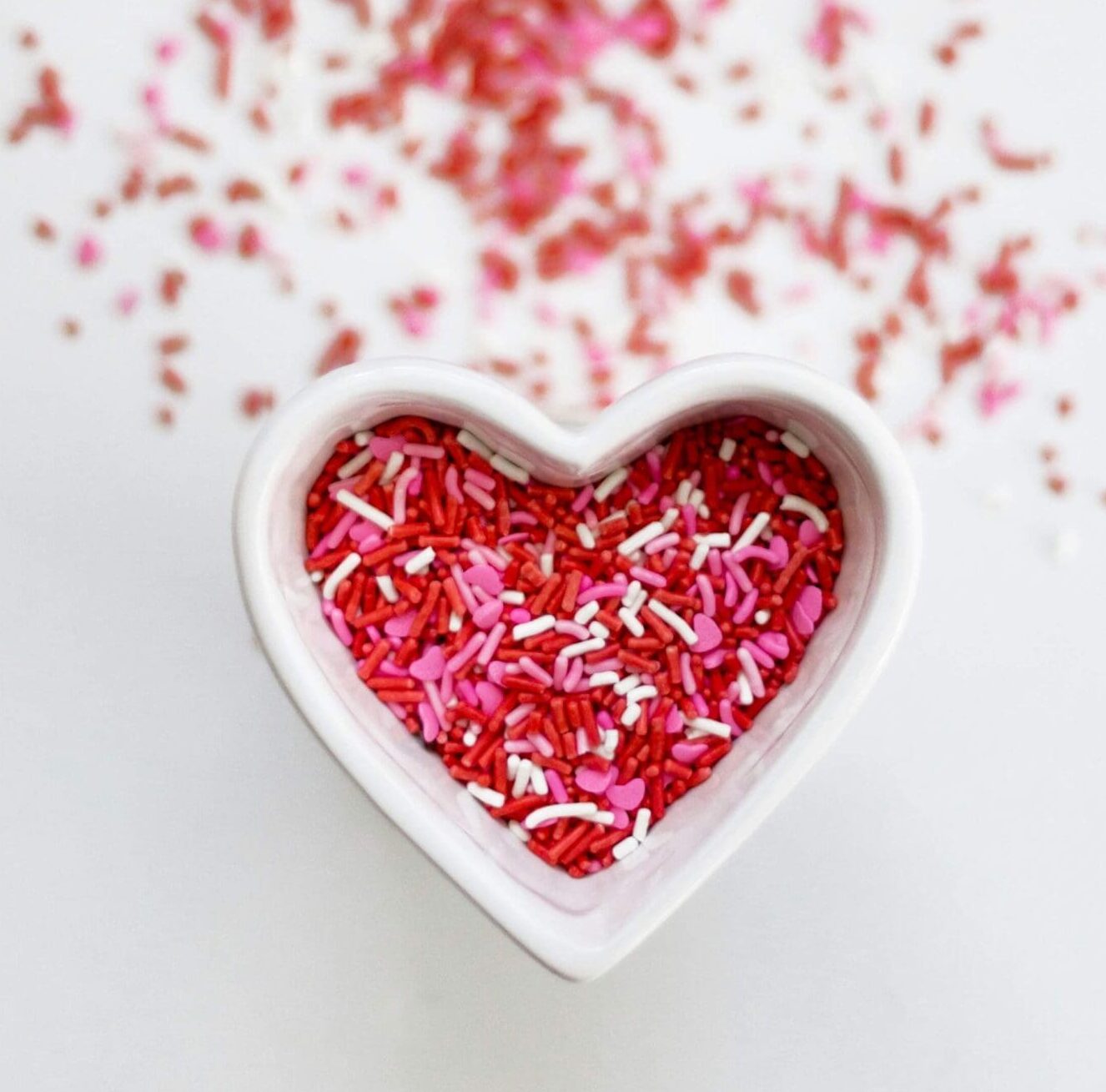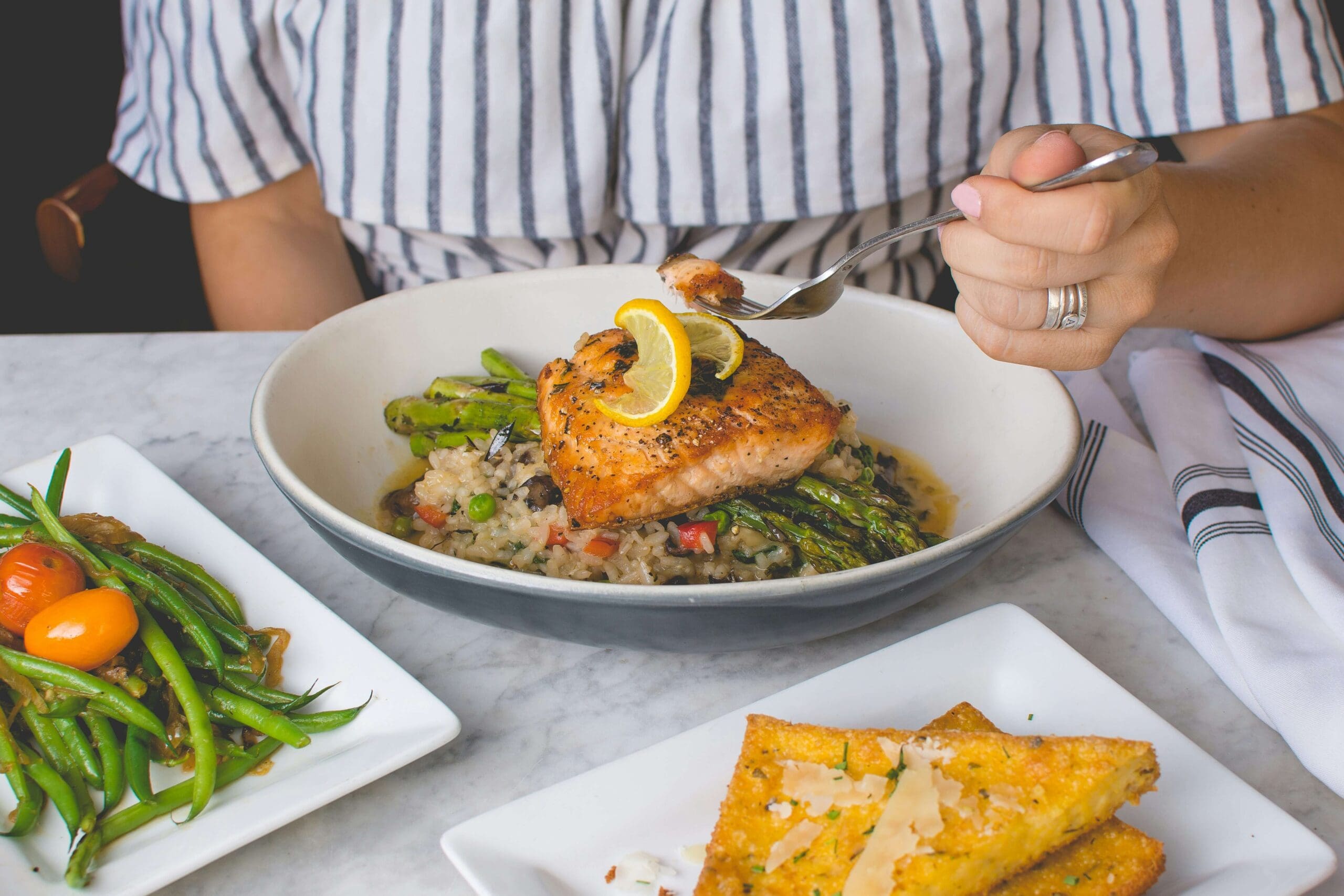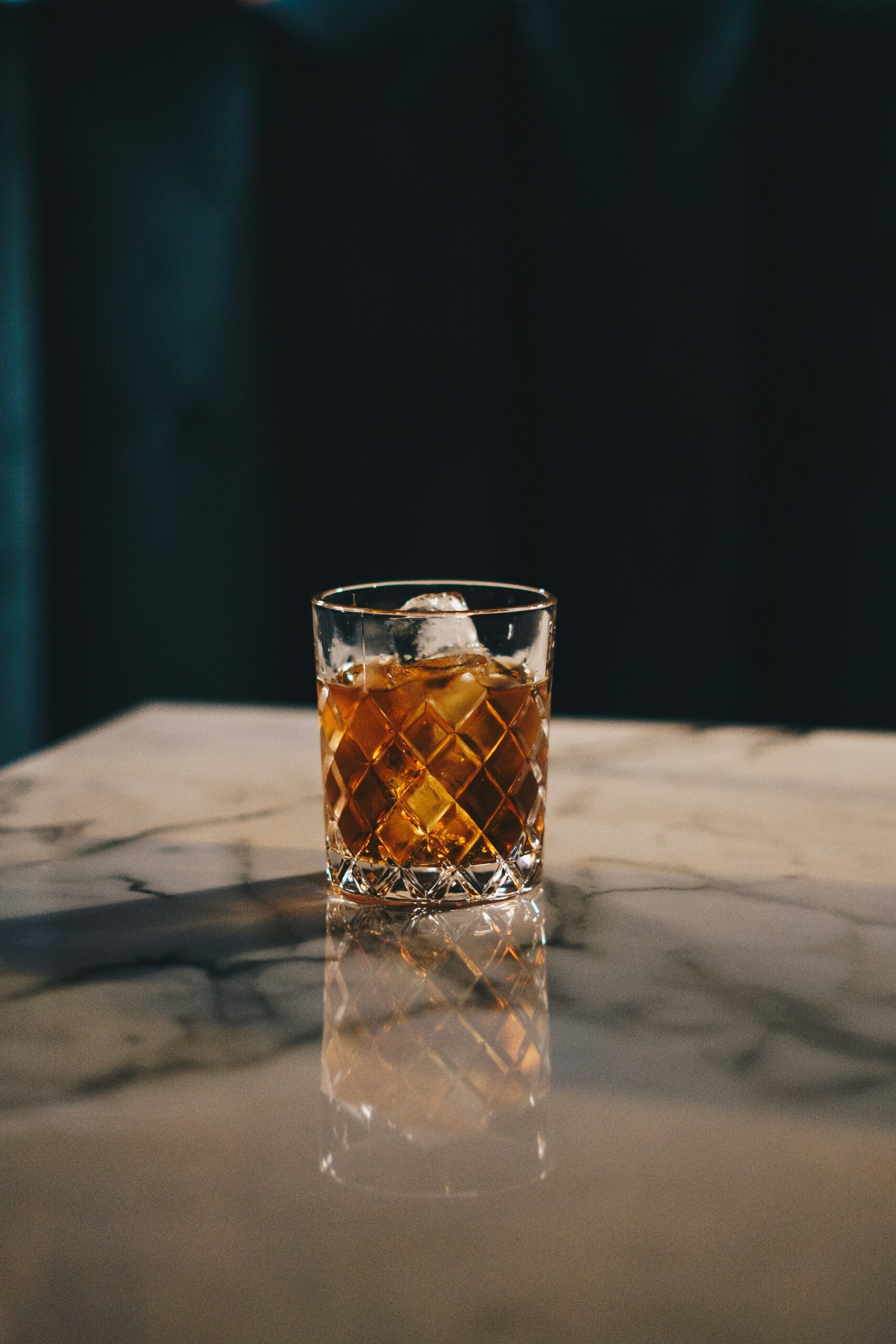I hear this question all the time from my clients during and after cancer treatment.
The internet is full of conflicting information about coffee and cancer risk. One article warns about chemicals in roasted beans, another celebrates coffee as a superfood. Here’s what you need to know: the science is clear.
Coffee doesn’t cause cancer. In fact, research shows it may actually protect against several types of cancer. Let me walk you through what the evidence says, so you can enjoy your coffee without fear.
But before that, let me tell you something.
Get The Clean Scan Plan: Your First Step Back To Peace with Food After Cancer.
You’re not confused, you’re under-informed when it comes to eating well after cancer. Stop second-guessing every bite and get a clear, evidence-based path forward.
Inside (10 pages) the Clean Scan Plan I take you through why fear of cancer coming back keeps looping (and how to break it), what actually matters for cancer-prevention nutrition, and my 5-pillar system to lower recurrence risk with confidence.
Join 8,000+ readers and take your power back starting today.
The Short Answer: Does Coffee Cause Cancer?
No, coffee does not cause cancer. In 2016, the World Health Organization’s International Agency for Research on Cancer reviewed over 1,000 studies and officially removed coffee from their list of possible carcinogens.
This was a significant shift from their 1991 classification when coffee was listed as “possibly carcinogenic” based on limited evidence that didn’t account for confounding factors like smoking.
What changed? Better research methods and decades of additional studies showed that coffee drinking is actually associated with a lower risk of dying from all causes of death.
As your cancer dietitian, I want you to understand this clearly: the concern about coffee causing cancer was based on incomplete early studies. Today’s evidence tells a completely different story.
If you’re ready for expert, personalized support, apply here for: VIP 1:1 Cancer nutrition & Lifestyle Coaching with me today so you don’t waste another month stuck guessing what’s right for your body.
Coffee May Actually Reduce Your Cancer Risk
Here’s where it gets really interesting. Coffee doesn’t just fail to cause cancer; it may actively protect against it. One of my clients told me she’d given up her beloved morning coffee because she was terrified it would bring her cancer back.
When I showed her the research, she was relieved. She’d been denying herself something she loved based on outdated fears.
Liver Cancer
The strongest evidence shows coffee reduces liver cancer risk. Studies tracking nearly half a million people over 10 years found that coffee drinkers had significantly lower risks of chronic liver disease, fatty liver, and liver cancer compared to non-coffee drinkers.
The most protective effects appeared in those consuming 3 to 4 cups per day. This protection comes from coffee’s ability to improve liver function and reduce inflammation.
Endometrial Cancer
Coffee drinkers show a 13% lower risk of endometrial cancer, with more coffee linked to lower risk. Each additional cup per day shows an 8% decrease in risk.
In my cancer simplified membership, I teach survivors how coffee fits into cancer prevention without obsessing over every food choice.
Other Cancers with Protective Effects
Recent research from Huntsman Cancer Institute found that people who drank more than four cups daily had lower risks of head and neck cancers, oral cavity cancer, and oropharyngeal cancer.
Coffee may also lower the risk of colorectal cancer, prostate cancer, breast cancer, and melanoma.
How Coffee Protects Against Cancer?
Coffee is incredibly complex, it contains over 100 bioactive compounds that work together in your body. Some of them are:
- Chlorogenic acid A powerful antioxidant that reduces inflammation
- Polyphenolic antioxidants Protect cells from cancer-causing damage
- Flavonoids and lignans Plant compounds with anti-cancer properties
- Caffeine Contributes to benefits but isn’t the primary protective factor
How It Works
These compounds reduce cellular damage and inflammation, regulate genes involved in DNA repair, speed waste through the digestive tract (reducing exposure to carcinogens), and improve insulin sensitivity. Better insulin function is linked to lower cancer risk, particularly for endometrial and liver cancers.
One survivor in my coaching program was shocked to learn that the coffee she’d been drinking for years was actually supporting her health.
She’d spent months reading online forums that told her to eliminate everything enjoyable from her diet.
This is exactly why I created The Cancer Prevention Bundle to help you cut through the noise and give you science backed guidance you can trust.
Take Control of Your Nutrition Journey
Tired of conflicting advice about what you can and can’t eat? Our Clean Scan Plan has helped thousands navigate their cancer journey with confidence and clarity. No fear, no confusion, just practical guidance you can add into your life starting right away!
Does Decaf Coffee Work Too?
Yes! Both regular and decaf show similar cancer risk reduction. This tells us caffeine is not the primary protective factor. The beneficial compounds like polyphenolic antioxidants and chlorogenic acid remain in decaf. If you’re sensitive to caffeine or struggling with sleep during treatment, decaf is an excellent option. You can still enjoy coffee’s benefits without the caffeine.
What About That Chemical Concern?
You may have heard concerns about acrylamide in roasted coffee. Here’s what matters: no evidence links the tiny amounts in coffee to cancer risk in humans. Studies in rodents used doses 1,000 to 10,000 times higher than what people consume. A cup of coffee contains about 2 micrograms, a negligible amount. The benefits of coffee far outweigh any theoretical concerns.
One Important Note About Temperature
It’s not the coffee itself but drinking very hot beverages above 149°F (65°C) that may increase esophageal cancer risk. The solution is simple: let your hot coffee cool for a few minutes before drinking. This applies to all hot beverages. You can still enjoy your coffee hot, just not scalding.
How Much Coffee Is Safe?
The FDA recommends no more than 400 milligrams of caffeine per day, which equals about 3 to 4 cups of brewed coffee. Research shows this is the sweet spot for cancer protection; the most protective effects appear at this intake level. Everyone is different, though. If coffee makes you anxious, disrupts your sleep, or upsets your stomach, scale back. Listen to your body.
When to Be Cautious During Treatment?
Coffee is acidic and can worsen nausea during chemotherapy. If you’re experiencing these side effects, try cold brew (less acidic), have coffee with food, or switch to decaf temporarily. Chemotherapy can cause taste changes.
One of my clients couldn’t stand coffee during treatment but found cold brew tasted better when her taste buds were affected.
If you’re struggling with sleep or anxiety, avoid caffeinated coffee after 2 PM or switch to decaf.
The Real Concern: Sugar-Laden Coffee Drinks
Here’s what I want you to pay attention to: fancy coffeehouse drinks can pack nearly 1,000 calories and 40 teaspoons of sugar per serving. That’s dessert, not coffee. Sugary drinks cause weight gain and obesity, which increases cancer risk.
The high calorie drinks are the concern, not the coffee itself. Just like cooking at home helps reduce risk, making smarter coffee choices matters.
Make Smarter Coffee Choices
Simple swaps can turn coffee into a genuinely healthy habit:
- Black coffee Just 2 calories per cup
- Add milk instead of cream 2 tablespoons adds only 13 calories plus protein
- Request “half sweetness” Gradually reduce sugar at coffee shops
- Skip the extras Avoid flavored syrups, whipped cream, and caramel drizzles
Common Coffee Myths Debunked
Coffee counts toward your daily fluid intake and doesn’t cause dehydration. The differences in caffeine between roasts are minimal, so choose what you enjoy. And if you don’t drink coffee now, you don’t need to start just for cancer prevention. Focus on the bigger picture: maintaining a healthy weight, staying active, eating vegetables, and limiting alcohol matter more than any single beverage.
My Recommendations as Your Cancer Dietitian
After working with hundreds of cancer survivors and 15 years in oncology while remaining up to date on the science on how you can eat well after cancer to keep it from coming back, here’s what I recommend when it comes to coffee and cancer:
- Enjoy 3 to 4 cups daily if you like coffee (optimal for cancer protection)
- Both regular and decaf work Choose based on your caffeine tolerance
- Skip the sugar bombs Keep it simple with minimal added sugars, or choose sugar free flavorings or artificial sweeteners
- Let hot coffee cool Avoid scalding temperatures above 149°F
- Take breaks if needed Listen to your body during treatment
What I’ve seen with my clients is that eliminating every food they love out of fear doesn’t reduce cancer risk. It reduces quality of life. In my coaching programs, I help survivors move from fear based eating to confident, science backed nutrition choices.
If you’re ready for expert, personalized support, apply here for: VIP 1:1 Cancer nutrition & Lifestyle Coaching with me today so you don’t waste another month stuck guessing what’s right for your body.
You deserve to enjoy your morning coffee without spending mental energy wondering if it’s hurting you.
The Bottom Line
Coffee does not cause cancer. The evidence clearly shows that coffee drinking is safe and may actually protect against several types of cancers in women. If you enjoy coffee, drink it without fear.
If you don’t enjoy coffee, you don’t need to start. What matters most is your overall lifestyle: maintaining a healthy weight, staying active, and eating plenty of vegetables.
As your oncology dietitian, my goal is to help you stop obsessing over every single food choice and start living confidently. Coffee is just one example of how fear-based information doesn’t match what science says.
You deserve accurate guidance that lets you enjoy life while supporting your health.
Ready to Finally Feel at Peace Around Food Again?
Join 8,000+ survivors who’ve broken the fear loop and rebuilt confidence in how they eat.
Inside this free 10-page guide, you’ll learn:
• Why you’re stuck in fear (and how to break free)
• What actually matters for cancer-prevention nutrition
• My 5-pillar NED Method – a system with nutrition and lifestyle that helps you to lower recurrence risk – without endless rules or restriction
You don’t need more information, you need direction.
Yes: Send Me The Clean Scan Plan
References
- https://www.cancer.org/research/acs-research-news/coffee-and-cancer-what-the-research-really-shows.html
- https://www.aicr.org/resources/blog/coffee-and-cancer-what-the-research-says/
- https://pmc.ncbi.nlm.nih.gov/articles/PMC12348139/
- https://pmc.ncbi.nlm.nih.gov/articles/PMC5707695/
- https://healthcare.utah.edu/huntsmancancerinstitute/news/2025/02/coffee-caffeine-and-cancer-everything-we-do-and-dont-know
